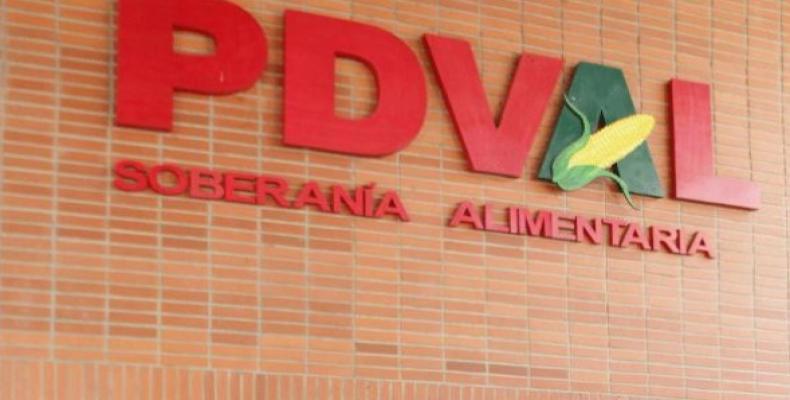Caracas, May 25 (teleSUR-RHC)-- Venezuelan President Nicolas Maduro has announced new plans to create a subsidized food program for school teachers and other workers in the educational sector. “We must create a … plan for the education (sector) that reaches communities, regions, high schools – all under the PDVAL (food) program,” Maduro said on Saturday.
PDVAL is a government welfare program that provides heavily subsidized food to the Venezuelan public. In 2014, PDVAL and other state-run food programs distributed more than 4.5 tonnes of food with discounts, often at prices less than half normal retail prices.
Maduro explained that the new program would benefit as many as 700,000 families of education workers, including the children of teachers and professors. The president added that his government is committed to ensuring all teachers are provided with a living wage.
Earlier this week, Maduro approved a 50 percent increase in teacher salaries. In recent years, the Venezuelan government has made domestic education a key priority within the country’s national development plan. In 2014, the Venezuelan State invested 6.9 percent of its GDP in education and technology. The government's heavy investment in education over the past 15 years has been credited with a massive increase in school and university enrollments, and a drop in illiteracy.
In 2010, the United Nations Educational and Cultural Organization UNESCO issued a report that found Venezuela's education ranking had soared 5.1 percent.
Under Maduro and his predecessor Hugo Chavez, food programs such as PDVAL have reduced malnutrition, according to U.N. figures. In June 2014, the United Nations Food and Agricultural Organization (FAO) praised Venezuela for halving the number of hungry people in its territory in the past 20 years. Under the neo-liberal government of the early 1990s, 13.5 percent of Venezuelans suffered from malnutrition, according to the FAO. According to the FAO's latest figures, that number is down to less than five percent.


